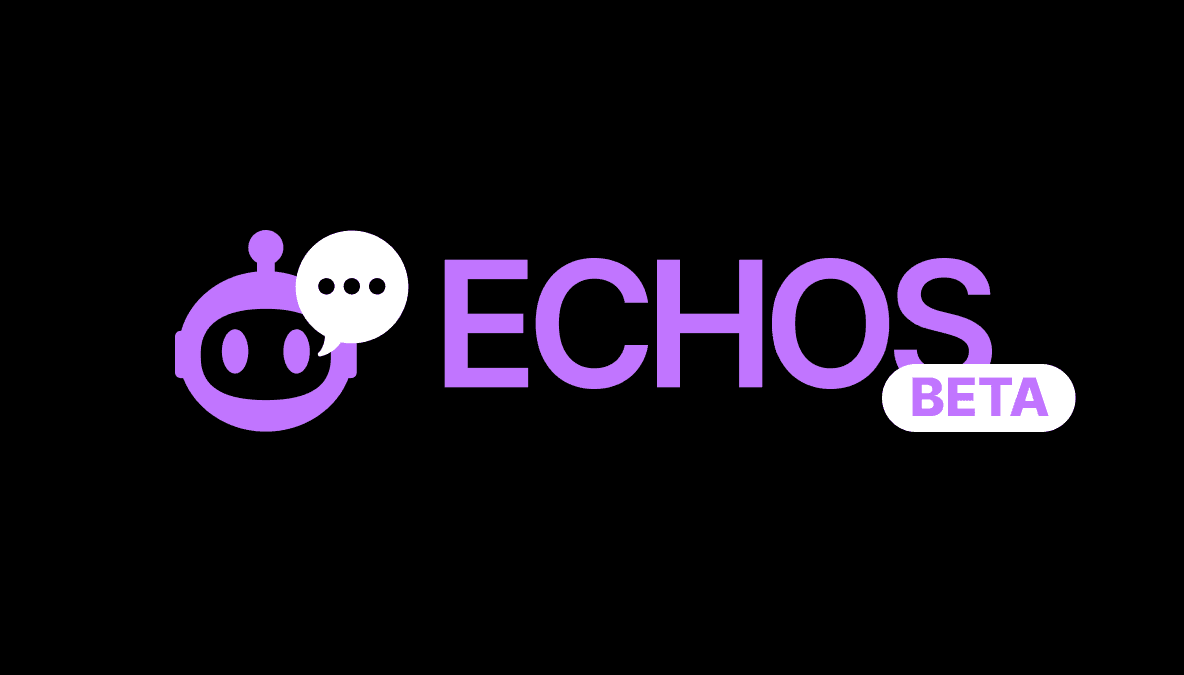
Copy-Staking: A Neutral Approach to Delegation
Apr 26, 2024
· 2 min read
Stride now offers its host-zones the ability to support copy-staking, a mechanism that aims to provide a neutral and un-opinionated approach to host-chain delegations. Governance proposals will be going live soon on Stride requesting approval to transition a select-few host zones to a copy-staking model.
Introducing Copy-Staking
Thanks to the recently passed v22 chain upgrade, Stride now has the ability to greatly increase the number of host-chain validators to which the protocol can delegate, in most cases allowing for Stride to delegate to the entire active set of validators. This upgrade opens the door to a host of new possibilities for Stride’s delegation program.
Today, we’re introducing copy-staking, one of these possibilities. Read on to learn more about copy-staking, how it works, and why some of Stride’s host-chains might prefer a copy-staking model over Stride’s existing delegation mechanism.
What is Copy-Staking?
Copy-staking works exactly as it sounds. Stride “copies” the delegation preferences of the host-chain’s community by delegating to all validators in the active set according to existing stake weight. For example, if the rank 1 validator has 5% of a chain’s existing delegations, 5% of all tokens liquid staked with Stride will be delegated to that validator. If the rank 2 validator has 4% of delegations, Stride will delegate 4% to that validator, and so on. As stake weight across the set changes over time, Stride’s delegations will also change accordingly.
Stride adjusts copy-staking delegation weights on a monthly basis. In a future upgrade it will be possible to rebalance delegation weights continuously.
Benefits of Copy-Staking
Copy-Staking can be considered a truly neutral approach to LST delegations because it preserves the existing power dynamic between stakers and validators. If a validator consistently behaves in a manner that doesn’t align with a chain’s community of stakeholders, those stakeholders can redelegate away from that validator and reduce that validator’s vote power. In turn, Stride will reduce the allocation to that validator to match the validator’s new vote power.
By emulating the delegation preferences of a chain’s stakers, liquid staking protocols like Stride can also preserve the chain’s existing governance dynamics by preventing any one validator (or any subset of validators) from having more voting power than they otherwise would without liquid staking delegations.
Limitations on Copy-Staking
In order to prevent unhealthy delegations and ensure a good liquid staking experience, Copy-staking with Stride should be subject to some light limitations. As with Stride’s existing delegations, the protocol should not delegate to:
Centralized Exchanges
Validators with greater than 10% commission
Validators with greater than 10% vote power
Additionally, Stride should not delegate to the bottom 5% of validators in the active set in order to prevent delegations to validators that subsequently fall out of the active set.
Final Thoughts
As a reminder, Stride governance has the final say in all delegation decisions. Before Copy-staking can be adopted by the Stride protocol, a governance proposal on the Stride chain must first be submitted and approved. In the coming weeks, governance proposals will be submitted recommending copy-staking be rolled out to a select few host-chains.
Copy-staking represents Stride’s commitment to more closely align with the needs and wishes of its host-zones. While some chains will undoubtedly prefer the existing Stride delegation process, copy-staking gives chains the opportunity to opt-in to a delegation model that may work better for them. As time goes on, additional delegation mechanisms may be introduced as the needs and wishes of Stride’s host-chains continue to evolve.



